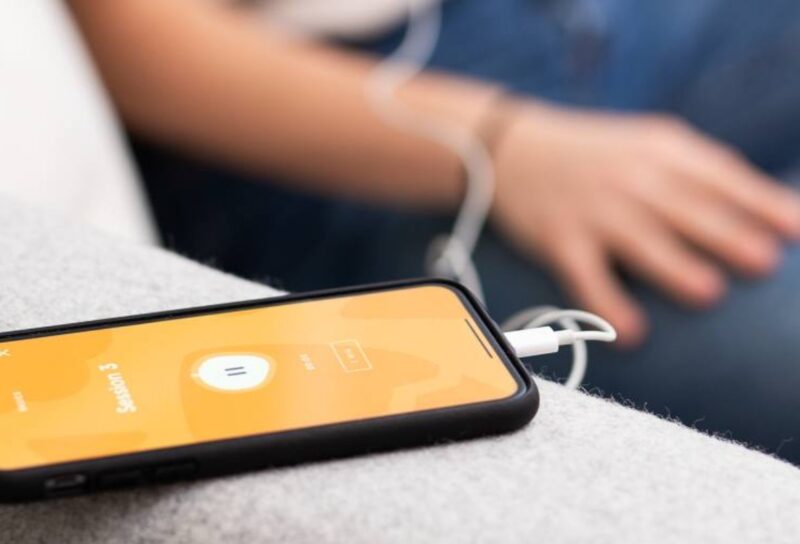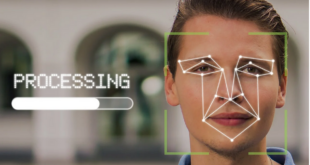Modern technology, like smartphones and social media, is incredibly useful. But for all of the good that they provide, it’s hard to ignore the stress they often cause in our lives. Is this an inevitable part of technology’s growth, or can we somehow learn to flip the script?
The Problem With Technology
Technology is a ubiquitous part of our lives. Nearly 100 percent of adults own a mobile phone, while a large majority of the population is active on social media. Between smartphones, social networking, email, and news, the majority of our waking hours are spent connected to a screen. And the ill-effects are clearly seen.
For one, we’re exposed to a constant influx of beeping, flashing, vibrating, and ringing. These notifications are distracting and severely limiting.
“This means we are unable to focus our attention and consolidate things properly into our memory, causing us to feel more and more ‘goldfish-like’, which can be quite distressing in itself,” Dr. Mathijs Lucassen writes for OpenLearn. “This is backed up by research which is beginning to show correlations between high smartphone and internet use, and poor cognitive skills such as attention, memory and learning.”
Other ill-effects include sleep dysregulation, poor work-life balance, FOMO, and social comparison. In other words, we’re so wound up that we’re unable to relax and spend time with our thoughts. Stress and anxiety are natural byproducts of this constantly-connected state.
But as much as technology weighs on us, it’s a staple of the culture. Unless you want to turn your life upside down and be a social outcast, you’re probably not going to trade in your smartphone for a landline or quit the internet cold turkey. A better strategy is to avoid the toxic and embrace the good. And believe it or not, there are plenty of good ways to leverage modern tech.

3 Ways Tech Can Reduce Stress
When utilized properly, technology has the ability to lower stress levels, reduce anxiety, and promote relaxation. Here are three specific ways how:
1. Wearable Technology
In one sense, wearables like smartwatches can actually increase stress by making you even more connected. However, when properly optimized, wearables can actually promote relaxation and focus.
For example, many of the latest smartwatches and fitness trackers have features that help people practice calm and rhythmic breathing. These guided breathing exercises are shown to reduce heart rate, lower blood pressure, and help you remain calm in otherwise stressful circumstances.
Most late-model wearables also have features that promote physical activity. Whether it’s a buzz or a notification, you can set your tracker to nudge you to get up and move every 30 to 60 minutes. This forces you to switch up environments and get your blood flowing.

2. Vagus Nerve Stimulation
The vagus nerve is one of the largest and most important nerves in the human body. It courses throughout most of your body, touching nearly every major organ along the way. And through vagus nerve stimulation, or VNS, you can actually coax your mind and body into feeling better. (Benefits of vagus nerve stimulation include less stress, better sleep, brighter mood, enhanced focus, and more tranquility.)
The easiest way to enjoy VNS is by using a device like Xen from NeuvanaLife.com, a patented electronic device that directly delivers safe and gentle micropulses via headphones to the vagus nerve (located in the ear). The beauty of it is that you can actually use Xen while listening to your favorite music. This makes it a seamless addition to your lifestyle.
3. Meditation Apps
Need immediate stress relief? There are hundreds of stress-relieving apps in your smartphone’s app store. One of the top categories belongs to meditation.
The best meditation apps include The Mindfulness App, Headspace, Calm, buddhify, Sattva, INSCAPE, and Breethe. Consider trying out a few different ones until you find an app that works for you.

Reclaim Your Sanity
More technology isn’t always the answer. But if you’re going to use technology, why not replace some of the less helpful activities with more constructive use cases? Whether it’s wearable technology, vagus nerve stimulation, or meditation apps, there are plenty of options available. Lean in and don’t be afraid to try something new!
 Comeau Computing Tech Magazine 2024
Comeau Computing Tech Magazine 2024




